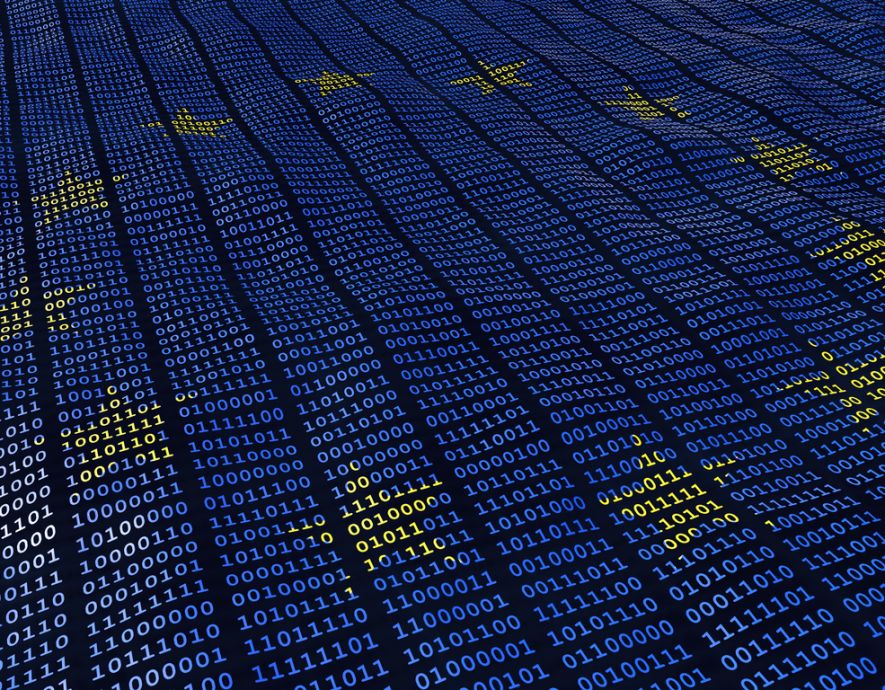
Shipping and cybersecurity
Articles by the same author:
1
3
06.17.25 Cyber +
INTERVIEW with Daniel Blanc, New Director General of the INCYBER Forum Canada
Read
05
MIN
4
05.02.25 Digital Sovereignty
American Tech Giants Capture 80% of Europe’s Cloud Spending
Read
01
MIN




